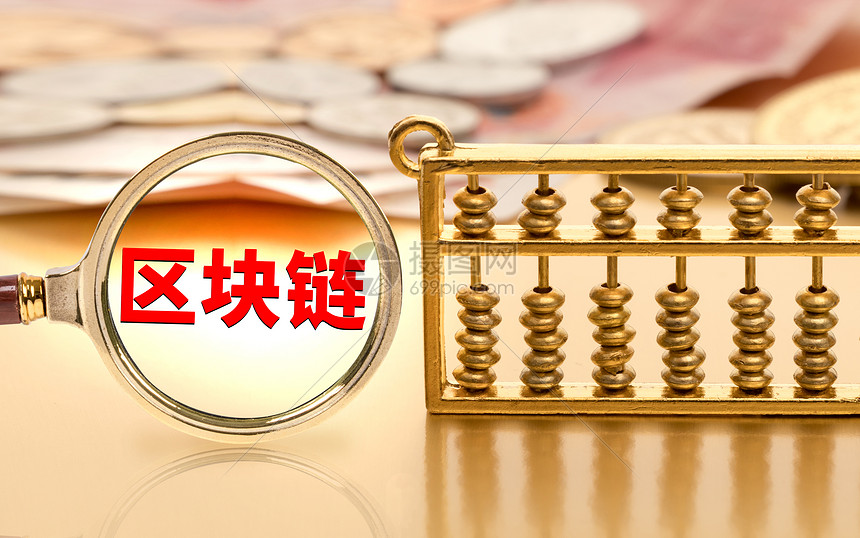|
|
Okay, so I need to figure out what AstraZeneca tokenized stock is. Let me start by breaking down the terms. Tokenized stock refers to shares that are represented as digital tokens on a blockchain, right? Instead of physical certificates, they're stored in a digital wallet. But AstraZeneca is a big pharmaceutical company, so why would they tokenize their stock?
First, I should check if AstraZeneca has actually done this. Maybe they're one of the first companies to tokenize their shares. I remember hearing about companies like Ford and Microsoft experimenting with tokenized stock, but I'm not sure about AstraZeneca specifically. Let me think—maybe they're part of a pilot program or a partnership with a blockchain firm.
If they have tokenized their stock, the benefits would include easier trading, lower transaction costs, and increased accessibility for investors. Blockchain can make the process more secure and transparent. But there are challenges too, like regulatory hurdles. Stock tokenization might face skepticism from regulators who are concerned about market stability and investor protection.
Wait, I should verify if this is a real initiative. Maybe I can recall any news articles or official announcements from AstraZeneca about tokenizing their shares. If not, perhaps it's a theoretical scenario or a case study. Let me also consider the structure: tokenized stock could be on a public blockchain like Ethereum or a private one. The tokens would need to be compliant with securities regulations, which might require using a regulated exchange or platform.
Another angle: tokenization might allow for fractional ownership, making it easier for smaller investors to participate. AstraZeneca might be aiming to attract a broader investor base. However, the company's own shares are already publicly traded on the stock market, so tokenizing them would be an additional layer, not replacing the traditional stock.
I should also think about the technology involved. Smart contracts could automate processes like voting rights and dividends. This could reduce administrative costs and increase efficiency. But integrating blockchain with existing stock systems would require significant changes in infrastructure.
Potential risks include technical issues with the blockchain, regulatory pushback, or market adoption. If investors don't trust the blockchain platform, they might not participate. Also, the company's market performance would still depend on their business, not just the tokenization.
In summary, AstraZeneca tokenized stock would involve converting their shares into digital tokens on a blockchain, offering benefits like lower costs and accessibility, but facing challenges like regulatory compliance and technical integration. I need to confirm if this is an actual project or a hypothetical example. If it's real, I should provide details on the platform used, the benefits realized, and any challenges faced. If not, explain the concept in the context of AstraZeneca's potential future initiatives.
AstraZeneca tokenized stock refers to the potential or hypothetical conversion of the company's shares into digital tokens on a blockchain, which could offer enhanced accessibility, efficiency, and innovation in investor participation. Here's a structured overview:
Key Concepts:
Tokenization Basics:
Shares are represented as digital tokens (e.g., on Ethereum, Solana, or a private blockchain), stored in a digital wallet. This enables fractional ownership, faster transactions, and reduced intermediaries.
AstraZeneca's Context:
Pilot/Experiment: While AstraZeneca has not publicly launched a tokenized stock program as of mid-2023, pharmaceutical companies like Moderna and Novartis have explored blockchain for supply chain or equity tokenization. AstraZeneca might consider similar initiatives to streamline capital raising or investor engagement.

Benefits:
Lower Costs: Reduced settlement and clearing fees via blockchain.
Global Accessibility: Enables participation from retail investors worldwide.
Smart Contracts: Automates voting, dividends, and compliance.
Challenges:
Regulatory Compliance: SEC/FCA regulations in the U.S. and U.K. require tokens to meet securities laws (e.g., 1933 Act, MiFID II). Compliance could limit flexibility.
Adoption Risks: Investor skepticism toward blockchain's security and volatility.
Infrastructure Integration: Compatibility with existing stock exchanges and corporate systems.
Potential Implementation:
Platform: Likely a regulated exchange or blockchain platform (e.g., Nasdaq’s Linq, Binance) to ensure compliance.
Use Case: Tokenization might target private placements or SPACs (Special Purpose Acquisition Companies) to expedite上市, though AstraZeneca is already public (LSE: AZN, NYSE: AZN).
Market Trends:
Corporate Adoption: Companies like Ford and Microsoft have tokenized shares for employee compensation or private markets.
Pharma Focus: Tokenization in pharma could streamline capital for R&D or clinical trials through decentralized funding.
Conclusion:
While AstraZeneca has not publicly tokenized its stock, the concept aligns with broader industry trends. If pursued, it would require navigating regulatory frameworks and infrastructure changes. The initiative would likely focus on enhancing investor reach and operational efficiency, though technical and compliance hurdles remain critical considerations. For now, tokenization remains a strategic exploration rather than an immediate reality for AstraZeneca.
|
|